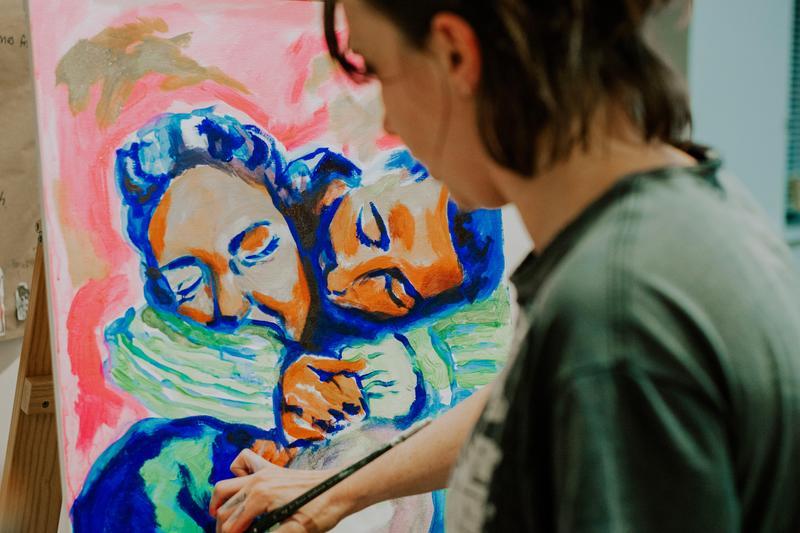The Beauty of Solitude: How Loneliness Can Lead to Creative Breakthroughs
The Beauty of Solitude: How Loneliness Can Lead to Creative Breakthroughs
Have you ever felt lonely and thought that it was a negative emotion that you should avoid at all costs? What if we told you that loneliness can be a powerful tool for creativity and innovation? That's right, being alone can lead to creative breakthroughs that you might never have achieved in a busy, social environment.
So why is this the case? The science behind it is quite simple. When we are alone, we have the opportunity to focus our attention inward, to reflect on our thoughts and ideas. We are not distracted by external stimuli, and our minds are free to wander and explore. This state of mind is what allows us to be creative, to come up with new ideas and solutions to problems that we might not have considered before.
Now, it's important to note that there is a difference between loneliness and solitude. Loneliness is a negative emotion that arises from a lack of connection with others. Solitude, on the other hand, is a deliberate choice to be alone, often for reflection and introspection. So while loneliness can be harmful to our mental health, solitude can be a powerful tool for creativity and self-discovery.
Many famous artists and writers have embraced solitude as a means of finding inspiration. Think of Henry David Thoreau, who spent two years living in a cabin in the woods, or Vincent Van Gogh, who famously painted his masterpiece "The Starry Night" while in a mental institution. These individuals understood the power of solitude and how it can help us tap into our innermost thoughts and feelings.
But what about those of us who struggle with loneliness? Is it still possible to benefit from solitude without sacrificing our need for social interaction? Absolutely. Building connections with others is essential for our mental and emotional well-being, but that doesn't mean we can't also make time for ourselves. It's all about finding a balance between solitude and social interaction that works for us.
So how can we cultivate a solitude practice in our daily lives? Start by incorporating it into your routine, even if it's just for a few minutes a day. Use that time to meditate, reflect on your thoughts and feelings, or engage in a creative activity that you enjoy. Find a quiet place where you can be alone and let your mind wander. Over time, you'll begin to see the benefits of solitude and how it can help you achieve creative breakthroughs in your work and personal life.
Loneliness doesn't have to be a negative emotion that we avoid at all costs. Solitude can be a powerful tool for creativity and self-discovery, helping us tap into our innermost thoughts and feelings. By embracing solitude and finding a balance between social interaction and alone time, we can achieve new levels of creativity and innovation that we might not have thought possible. So go ahead, take a few moments to yourself and see where your thoughts take you. You might be surprised at what you discover.
Photo by Mieke Campbell on Unsplash
Thank you for taking the time to read my article. There is so much to be gained by spending time alone. I think nowadays with social media and instant connectivity to everything, we are afraid of exploring being alone.
I love the reframe of loneliness. We can all use some time for inward reflection.
